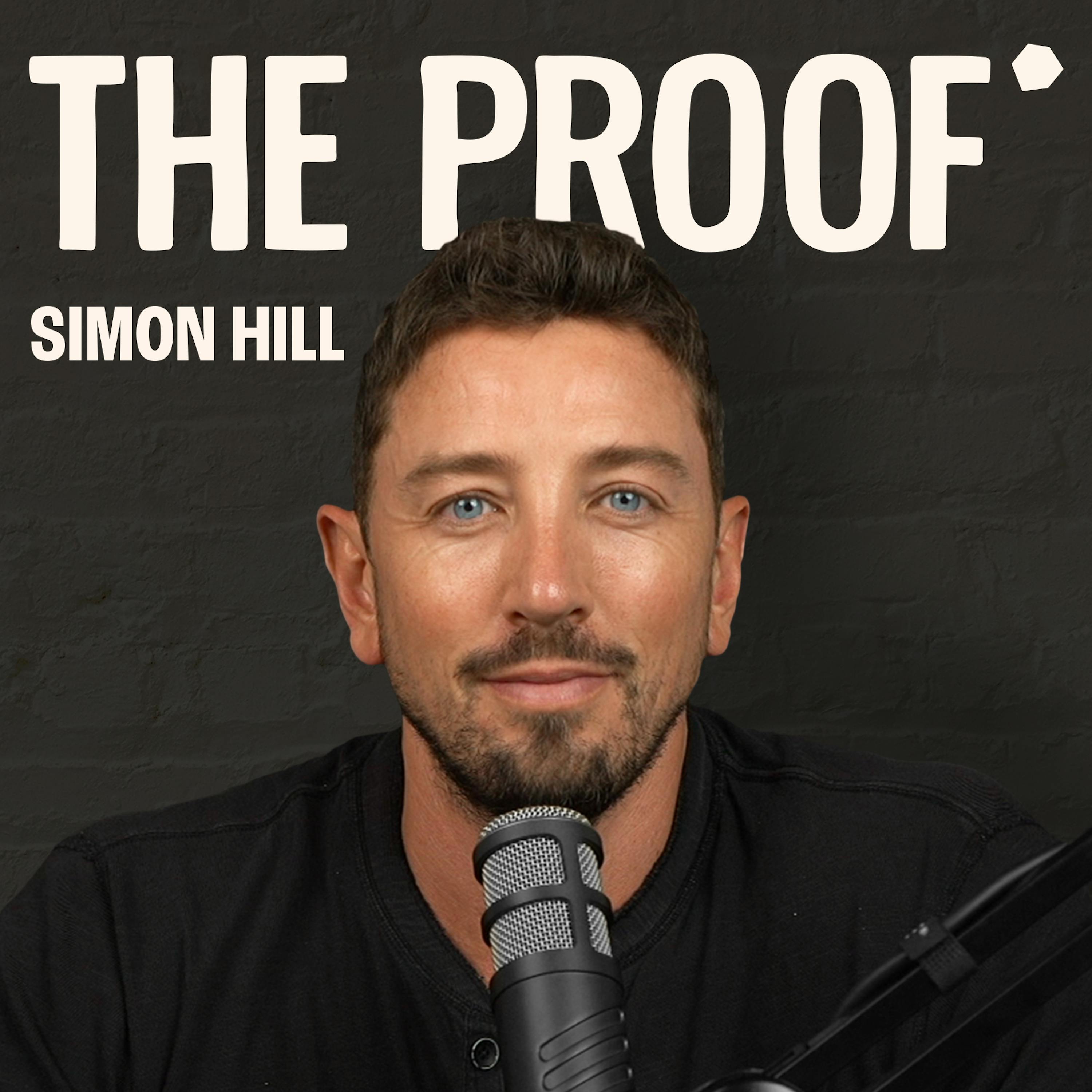.jpg)
The Plant Centered and Thriving Podcast
Welcome! If you're looking for plant-based inspiration, you've come to the right place! This podcast is here so you don’t have to feel alone on your plant-based journey. You'll hear from individuals who have taken the leap to go plant-based, why they did it, the struggles they faced, their words of wisdom for you, and how they're thriving now.
The Plant Centered and Thriving Podcast
Protect Your Mental Health with Plant-Based Nutrition
"I didn’t realize how much of an impact just the meal I’m eating will have on my whole day"
Discover the transformative power of plant-based nutrition and holistic mental health practices with our guest, functional nutritionist Jennifer. Jennifer's experience illustrates the deep connection between the foods we eat and our mental health. Her story is an affirmation of the positive changes that come with conscious eating, offering inspiration and practical advice for those considering a similar path.
Venturing into the realm of anxiety management, Jennifer shares her transition from traditional to alternative healing methods, underscoring the importance of being seen as more than a diagnosis in the current US healthcare system. Join us for an episode that promises to enlighten and empower, with strategies to nurture both the mind and body.
Resources from this Episode:
Earthlings
If you want to connect with Jennifer, visit the following:
Instagram: @plantbasedjen_
Website: www.plantscriptionwellness.com
_____________________________________________________________________
WE WANT TO HEAR FROM YOU!
Have a question, suggestion or comment for the podcast? Fill out form here
Plant Centered Nutrition Essential Resources:
Welcome to the Plant-Centered and Thriving Podcast. I'm your host, ashley Kitchens. I'm a plant-based registered dietitian and virtual nutrition mentor. I was raised on an Angus Cattle Farm, grew up with a lot of GI issues and used the power of plant-based eating to promote healing. Here you'll find inspiration, ideas and encouragement for your own plant-based journey. I'm so thrilled you're here today. Let's get started. Welcome Plant-Centered listeners. My name is Ashley and I'm so excited you are here today. Thank you so much for tuning in, for listening. We just really appreciate you. I'm going to do a quick plug. If you haven't had a chance to give us a reading and review on iTunes. That would mean so much because what it does is it bumps up our podcast in the nutrition section, which gets us more viewership, which gets more people learning about plant-based eating, which we all love. That would just mean so much to us. If you could just take two minutes of your time to do that, we would just really love that.
Speaker 1:Today's guest is Jennifer. She is a newly practicing functional nutritionist with a passion for plant-based nutrition and mental health. Jennifer, during our conversation here today, she goes in and talks about her own mental health journey and what she does today to manage her own mental health, which I really appreciated. Her transparency and vulnerability in sharing that. Jennifer became vegan almost seven years ago and has never looked back. I think one thing that all of us can agree on, and something that she says, is that it has been the best decision she has ever made. I think most of us can agree that it's been the best decision and we wish we would have done it sooner. Please join me in welcoming Jennifer to the show. Jennifer, I'm so thrilled to have you on the podcast here today to share your story. Thank you so much for coming on. I appreciate it.
Speaker 2:Thank you for having me. I'm so excited.
Speaker 1:Yeah, absolutely. Let's just dive right in and start uncovering your own personal journey. I would love for you to go back to the beginning and how the idea of becoming plant-based, or more plant-based, came about for you.
Speaker 2:My sister actually became vegan 10 to 12 years ago. At that point I kind of learned about what it was. I quickly became vegetarian and then I ended up watching a documentary called Earthlings and I honestly couldn't even get through. Like the first minute I started bawling my eyes out. I paused it and I was just sitting there and I had my dog at the time on the bed with me and I was just looking at him, just thinking about what I was watching. I just had this connection of why do I feel like I'm so against animal cruelty? I love animals, yet I'm seeing what my choices are doing and causing and I just after that I just went vegan and didn't look back.
Speaker 1:Wow, yeah, that's incredible. Okay, so for anyone who doesn't know what earthlings is and I'm very similar to Jennifer it was a couple years into my plant-based journey that I watched it and I was the same. I was a couple minutes in and I could not watch it anymore. I was crying and I was like it was like there was just something about it that it was helpful in knowing that. Okay, this gives my journey more purpose, and I'm sure that was kind of similar for you. It's like, oh wow, there's more to this than just the food itself. So do you remember why he chose to watch earthlings of all the documentaries?
Speaker 2:Well, I think I had seen some other ones before, but I just remember seeing it on social media. You know people talking about it, and so I was like, okay, let's see what this is. I could barely get through it, so I'm not really sure what the rest of it included, because I didn't watch Yep, yep, same.
Speaker 1:I'm curious how that was for you in someone in your family going vegan, because I know a lot of people listening who are plant-based or vegan or who are trying to embark on that journey. There's a lot of pushback from family members or maybe they're looked at as weird. How was that for maybe you and how you viewed your sister? Was it like, oh my gosh, this girl's crazy. Or like, how was that approach?
Speaker 2:I think my sister really close and we share a lot of the same views on everything kind of across the board. So when she mentioned it to me, I immediately was interested. I didn't really know any other vegans at the time, you know. I started researching and I just pretty quickly realized oh yes, this just makes a lot of sense.
Speaker 1:And I think that speaks volumes on your part is that you didn't look at it as like a threat to how you were eating, or it was like you took that information. You actually listened, which I think can be a challenging piece on both ends for people who transition to veganism and talk about it but it sounds like you actually listened and took what she said to heart, versus like automatically putting up a wall and kind of blocking or rejecting what she was saying. Yeah, okay. So how was the journey for you? Because it sounds like it went pretty quickly, like you went vegetarian first and then you went vegan. So how was that journey for you?
Speaker 2:I mean honestly just becoming vegetarian I wasn't really a huge meat eater anyways, but then transitioning to vegan probably the hardest part was really just the social aspect of it. Like I didn't find eating the foods difficult Luckily I love all fruits and vegetables but yeah, just the social aspect of people thinking it's weird or maybe being an inconvenience if we're out at a restaurant or going to someone's house for dinner that honestly was the most difficult part for me.
Speaker 1:Yes, yeah, how do you feel like you navigated those situations back then, maybe, compared to how you navigate them now? I'm still working on it sometimes.
Speaker 2:I mean, back then it caused me a lot more anxiety and just feeling like sort of judged, even though I felt I was doing something that was good. Other people don't feel it that way, I guess. Now I just try to remember why I'm doing it and focus on you. Know, I believe this is an alignment with my values and I believe that I'm helping animals, the environment and my health, and maybe someone doesn't agree with that or looks down at it for whatever reason, but at the end of the day it doesn't matter. It shouldn't affect the way I feel about it. Yeah, I just try to focus on my why and that helps a lot.
Speaker 1:Yes, yes, it helps you become vegan and it also helps you stay vegan, which is really nice, because you kind of go back to, okay, why am I doing this? And it all started, you know well, obviously with your sister, but even just like looking at your dog back then and just realizing, wow, there is this connection that I didn't really grow up, maybe connecting myself, which a lot of us don't Exactly. Yeah, I appreciate your transparency in saying that you still struggle with it. I think for a lot of us it can still be challenging, even a decade down the road, when you're vegan, vegetarian, plant-based, and I just appreciate your transparency with that. But when you transition, maybe what were some things? It sounds like it was pretty easy for you because you already just didn't really care for me to like fruits and vegetables, but what were maybe some benefits that you noticed, or some specifics that you noticed just in your own life after going vegan?
Speaker 2:Within my body. I felt more energy. I used to have a lot of digestive issues too, and those definitely improved a lot Just knowing that I was feeling more aligned in who I am. I just felt better as a person. I just kind of felt this weight lifted.
Speaker 1:Yeah, yeah, because, like you said earlier, you're living more in alignment with your values, which is so important. And when you realize that and like, take action to follow through with this alignment piece, this like shift or pull that's pushing you in this direction, then you're right. There's this like weight that shed. You feel so much better and it's like wow, this is how I am meant to be living, which is a powerful place to be.
Speaker 2:Yeah, exactly.
Speaker 1:Yeah, so energy feeling good, digestive issues improved. Was there anything that surprised you when you went vegan?
Speaker 2:before I Made the transition, I kind of just had this idea of, oh my gosh, it's gonna be so difficult, so different to what I'm used to, I don't know what I'm going to eat, and then realizing it was just such simple Switches that I was making it. Really, it wasn't as big of a deal as I kind of anticipated it to be.
Speaker 1:Yeah, no, I think that's such a good point and I like that you said that, because I think when we look at veganism, are going to plant Bays, it's like I feel like it's this huge ordeal and for the most part it isn't. And I think, like society makes it a big deal because you really are going against the grain of like how you were raised, to, how we live. So I appreciate you touching on you know, if you kind of zoom out and look at these changes that you're actually gonna be making, it really isn't that much. Like you said, you're swapping out your cow's milk for a plant milk, you're cheese for a different cheese, butter for a different way and even, like quote, meat-wise, you're just making a few swaps like it really isn't. It isn't that big of a deal if we really think about it. So I'm curious, jennifer, how going vegan has maybe shaped your day-to-day life, or even just like what you're passionate about or what you even do for a living. So I would love for you to touch on that.
Speaker 2:So now I am a functional nutritionist, especially as in plant-based nutrition, and what led me to the nutrition field itself was my own health journey and dealing with anxiety. Panic attacks and the conventional medicine World kind of just put me in a box of oh, you have anxiety, take this medication and that's it. But for me I really felt like I guess I have anxiety, but there's a reason why and what. What's that reason? And so I kind of delve into that, looking at your functional medicine, nutrition, all these things that could be playing a role, and when I eventually was able to figure out what was causing it and being able to fix that, it really just inspired me to make a career out of this and help other people as well, kind of around that time too is when I became vegan and so I started looking into okay, so how can this plant-based diet help even more? And so that really just I became so passionate about it.
Speaker 1:It's just so neat how that all comes together and how you probably didn't expect that to happen or expect to be a plant-based nutritionist. So what was that like for you? Even like working through maybe some of the conventional medicine that you had been accustomed to for maybe a period of time, with your anxiety and with the panic attacks. What was that like? To maybe realize okay, maybe there are some other modalities that can help, maybe alongside medication, to help me feel better.
Speaker 2:I spent a lot of time just kind of researching what the other options were because, you know, I saw a variety of doctors and I just kept being met with the same feeling invalidated or feeling like.
Speaker 2:I was just another number with anxiety and this is the protocol and they don't really delve into why it's happening, I guess. And so when I found a functional medicine clinic who helped me kind of dive deeper, there's a reason why and we can backtrack and help to heal that way. So just knowing that there is another option because I feel like a lot of people maybe don't know there's another option, and so figuring that out was just really exciting for me because then I could go share it with other people.
Speaker 1:Yeah, you go from being basically, like you said, another number where the doctors maybe just kind of checking boxes and like, okay, you have this, you have that, okay, let's give her this and this, and it sounds like finding that functional medicine doctor, and working as an integrative nutritionist yourself, you're realizing that there's so much more than just kind of checking a box, giving a prescription medication and going on your way.
Speaker 2:Right.
Speaker 1:So how was that for you to realize that there's so much more than maybe just taking a pill, or that there are other things that you could do to kind of manage what you were going through?
Speaker 2:Yeah, I mean it was just really eye-opening. I mean I had heard of alternative supplements and things like that, but I didn't really realize how much of an impact just the meal I'm eating for breakfast will have on my whole day. I kind of thought, oh, if I go this natural way, maybe it's going to take a long time for me to feel better, and so I think knowing how quickly of an impact these easy changes could be was really eye-opening to me.
Speaker 1:Yeah, and I feel like we're learning more and more how food has an impact on your mental health and, obviously, so many other things as well, but I feel like more and more research is coming out that what you eat does have an impact on your mood and your outlook on life and different things like that, which I think is important to talk about as well. So how has your own experience, even with anxiety, panic attacks, going vegan, going plant-based? How has that shaped? Maybe how you approach working with clients?
Speaker 1:or even just creating your practice.
Speaker 2:Yeah. So I guess just from having my own experience and knowing kind of what works for me and what things to look for, it's helped open my eyes to think okay, someone comes to me with anxiety. First and foremost I want to validate them, let them know what they're feeling I can help them with, and that I'm not just gonna send them a prescription and send them on my way. Also, there's a bunch of different testing that I've learned about through my own experience. You know, looking at the gut health is so tied to mental health, and so just kind of learning about these different ways of looking at things and different testing to do to kind of figure out what's going on, it's really important also that it's helped me realize how everyone is so different and although someone may have the exact same symptoms, it doesn't mean that the reason for it is the same, and so just looking at each person as an individual, instead of having this protocol oh, someone came with depression this is what we're gonna do, really looking at it individually.
Speaker 1:Yeah, I think that's a great point too, because someone like you said could have the same symptoms or like, oh yeah, this sounds just like me, but they're also an individual too. Their experiences are very different and they should be, like you said, approached differently too. When it comes to, especially, nutrition care, what have you found personally, besides nutrition, in helping manage, like your anxiety, your panic attacks, that you have found beneficial for yourself?
Speaker 2:Meditation and, honestly, something that's really helped me which I was kind of surprised by, was just accepting it, because I feel like a lot of people with anxiety if we're feeling it, we try to resist it. I think just accepting yes, I'm feeling anxious, that's okay, let's work through this, seeing if I can figure out why I'm feeling anxious, instead of just, oh no, I'm having anxiety, like let's make it go away make it go away, and that's something I really learned that figuring out why that is but also just accepting the feeling actually really helps a lot, which was hard to do, yeah well, I'm sure, like sitting with your feelings, that is not an easy task to do, especially in the beginning.
Speaker 2:Yes, absolutely.
Speaker 1:That's your brain's, like I wanna resist, I wanna resist, but it can be really beneficial, like you said, feeling your feelings and accepting that, okay, I am feeling anxious, I do have anxiety, but how can you maybe tap into that to continue to move forward, versus allowing it to maybe overrun your life to where you can't do anything or move forward?
Speaker 2:Right, and also something else is just having daily check-ins, because there's a period of times where someone with anxiety might not feel it and so it's not on your mind. Oh, I should be still using those tools and then all of a sudden it catches up to you. So I think just making the routine of daily doing your meditation or whatever it may be, to keep you on track, because it's kind of always a work in progress, and so I think, just reminding yourself, just keep doing those daily things and it'll work in the long run.
Speaker 1:Yeah, I think that's a really good point. Like, whatever practice you find to be beneficial, to keep doing it. Don't let one like a few good days keep you from continuing that practice because, you're right, it can be incredibly beneficial in the long run to stick with it. Yeah, awesome, all right, jennifer, so if anyone's interested in connecting with you or following you on social media, where is the best place for them to do that?
Speaker 2:So on Instagram you can follow me. It's plantbasedgen and then underscore and then my website is plantscriptionwellnesscom.
Speaker 1:Plantscriptionwellnesscom, and we'll include those links below so that you can easily connect with Jennifer. Jennifer, thank you so much for coming on and sharing your journey and just being vulnerable and transparent about things that you struggle with, which we always appreciate.
Speaker 2:Thank you so much for having me. It was so great to meet you.
Speaker 1:You're welcome. All right, we will catch you on the next episode. Thank you so much for listening. Thank you so much for listening to the Plant-Centered and Thriving podcast today. If you found this episode inspiring, please share it with a friend or post it on social media and tag me so I can personally say thank you. Until next time, keep thriving.
Podcasts we love
Check out these other fine podcasts recommended by us, not an algorithm.

The Rich Roll Podcast
Rich Roll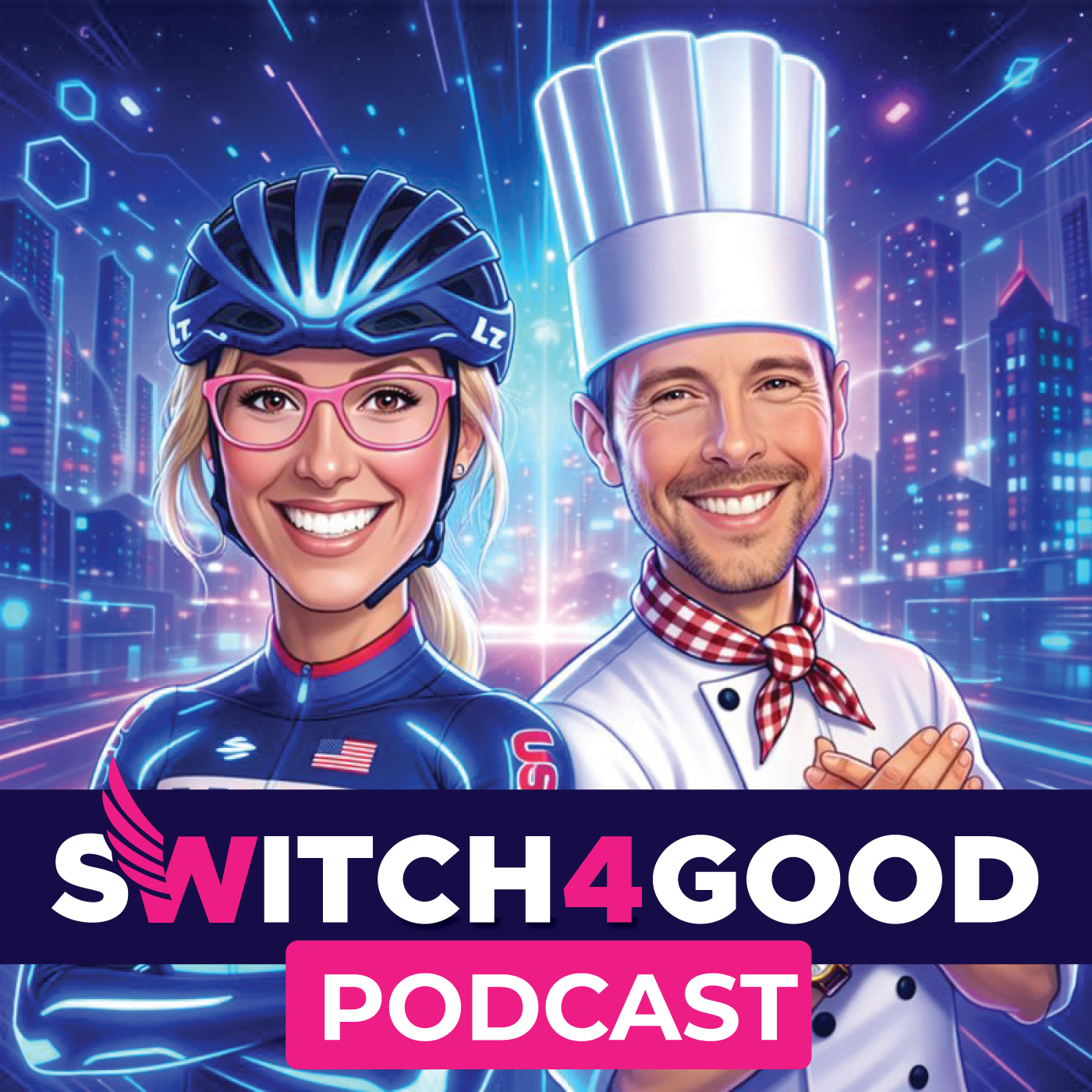
Switch4Good
Dotsie Bausch and Raphael Wrobel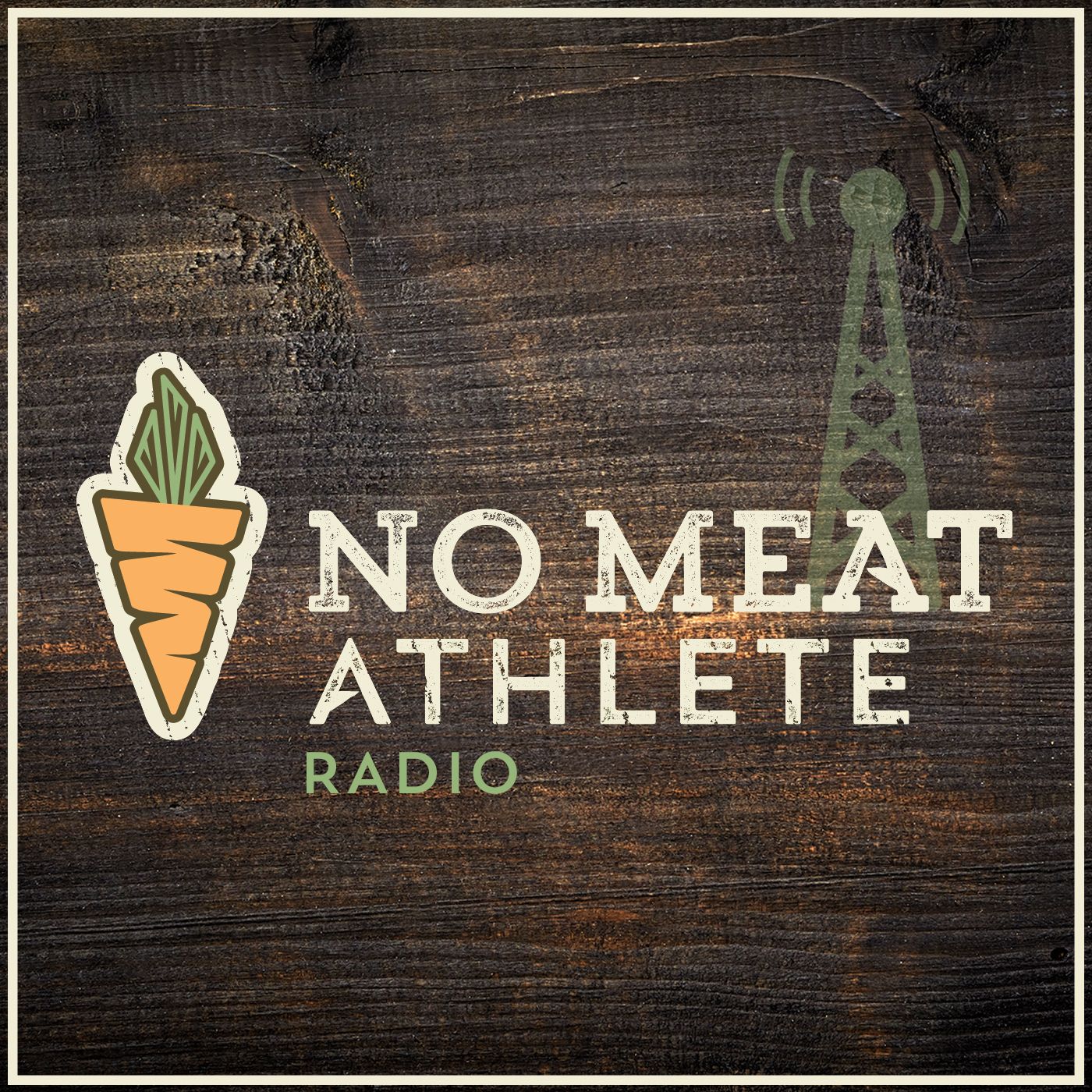
No Meat Athlete Radio
Matt Frazier
The Outlier Health Podcast
Matt Frazier, Matt Tullman, Isabelle Caputo, and Doug Hay
Plant-Powered People Podcast
Toni Okamoto and Michelle Cehn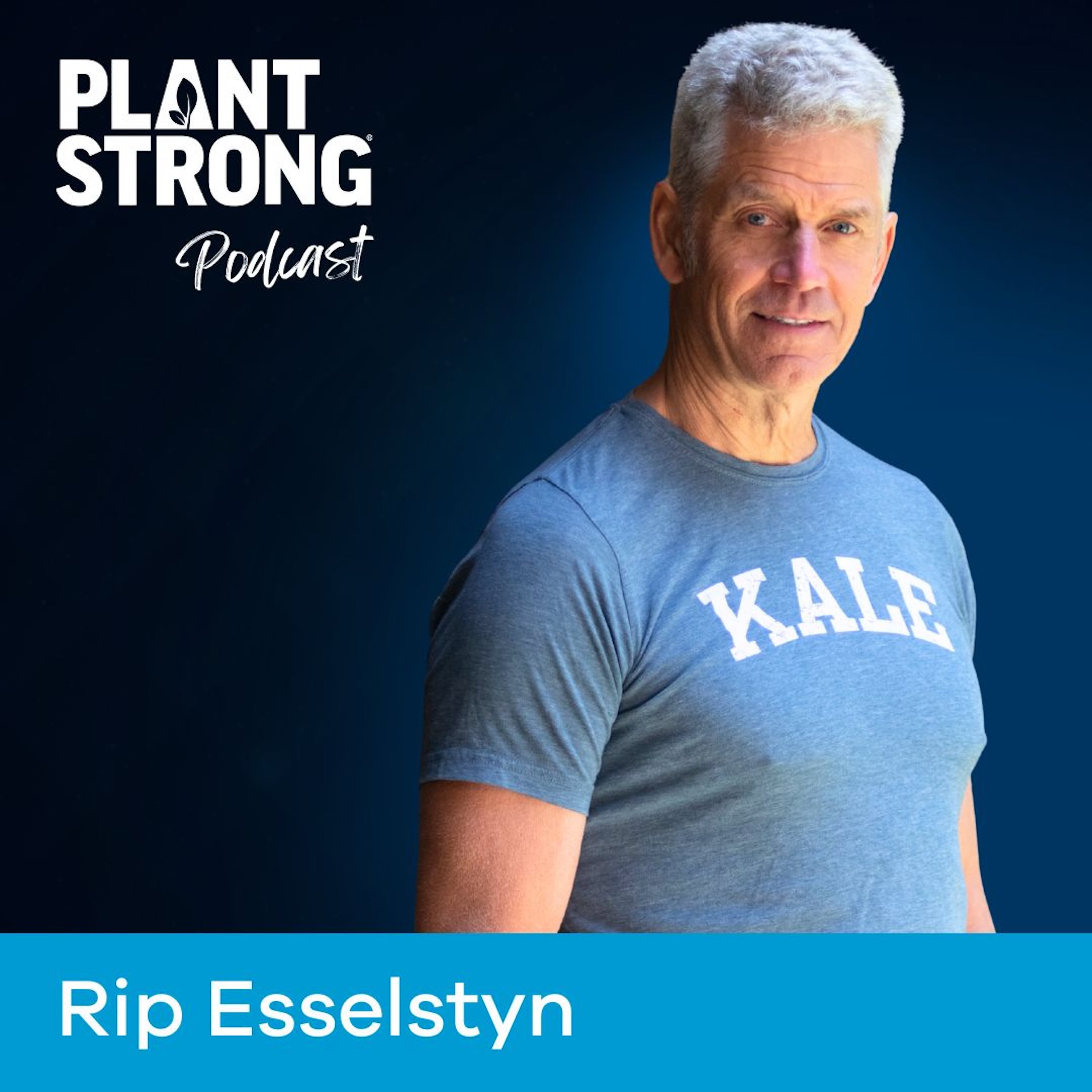
PLANTSTRONG Podcast
Rip Esselstyn
The World Vegan Travel Podcast
Brighde Reed
Vegan Kids Nutrition
Karla Moreno-Bryce, MDA, RD, LD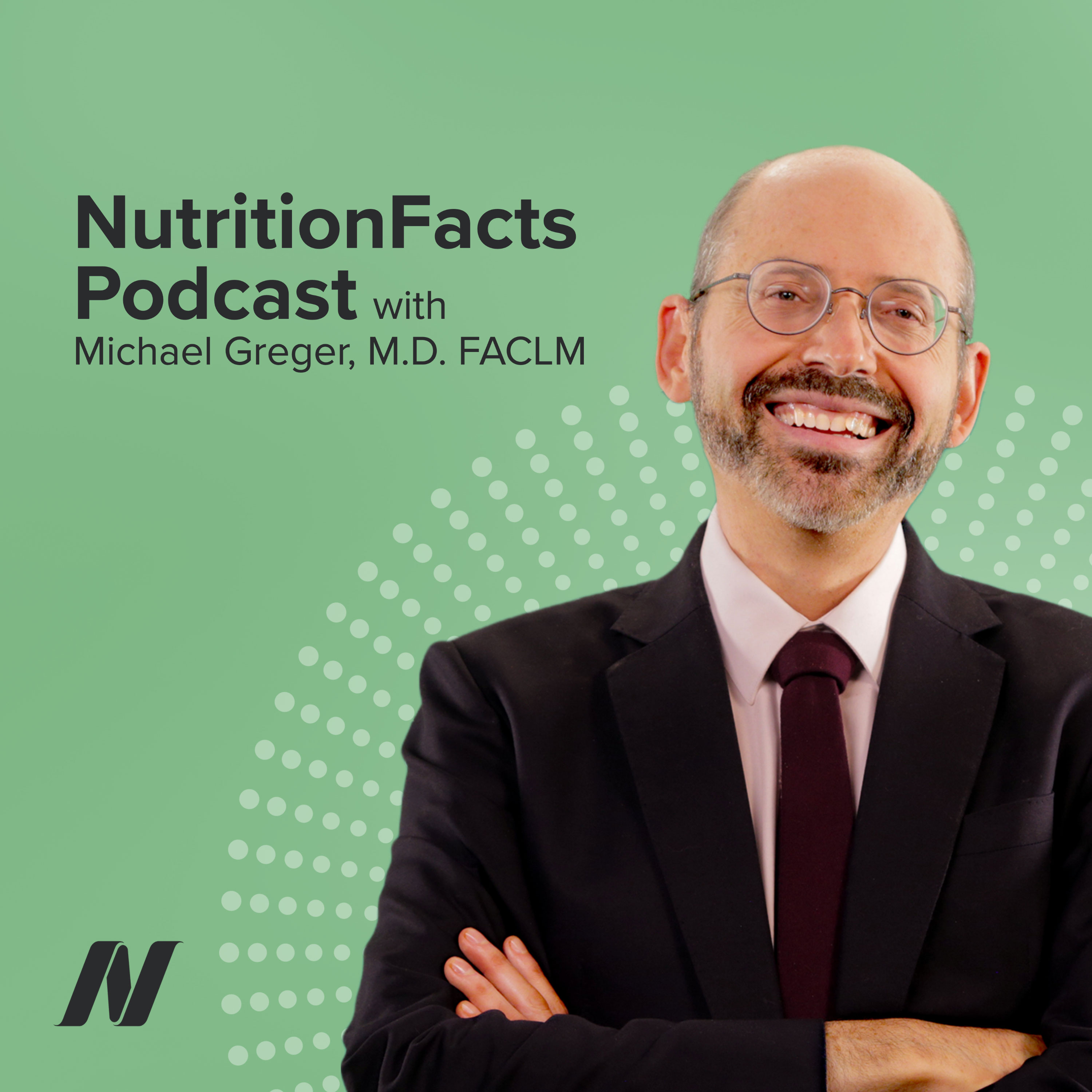
Nutrition Facts with Dr. Greger
Michael Greger, M.D. FACLM
The Plant-Based Morning Show
Matt Frazier & Doug Hay, presented by ComplementThe Plant Based News Podcast
Plant Based News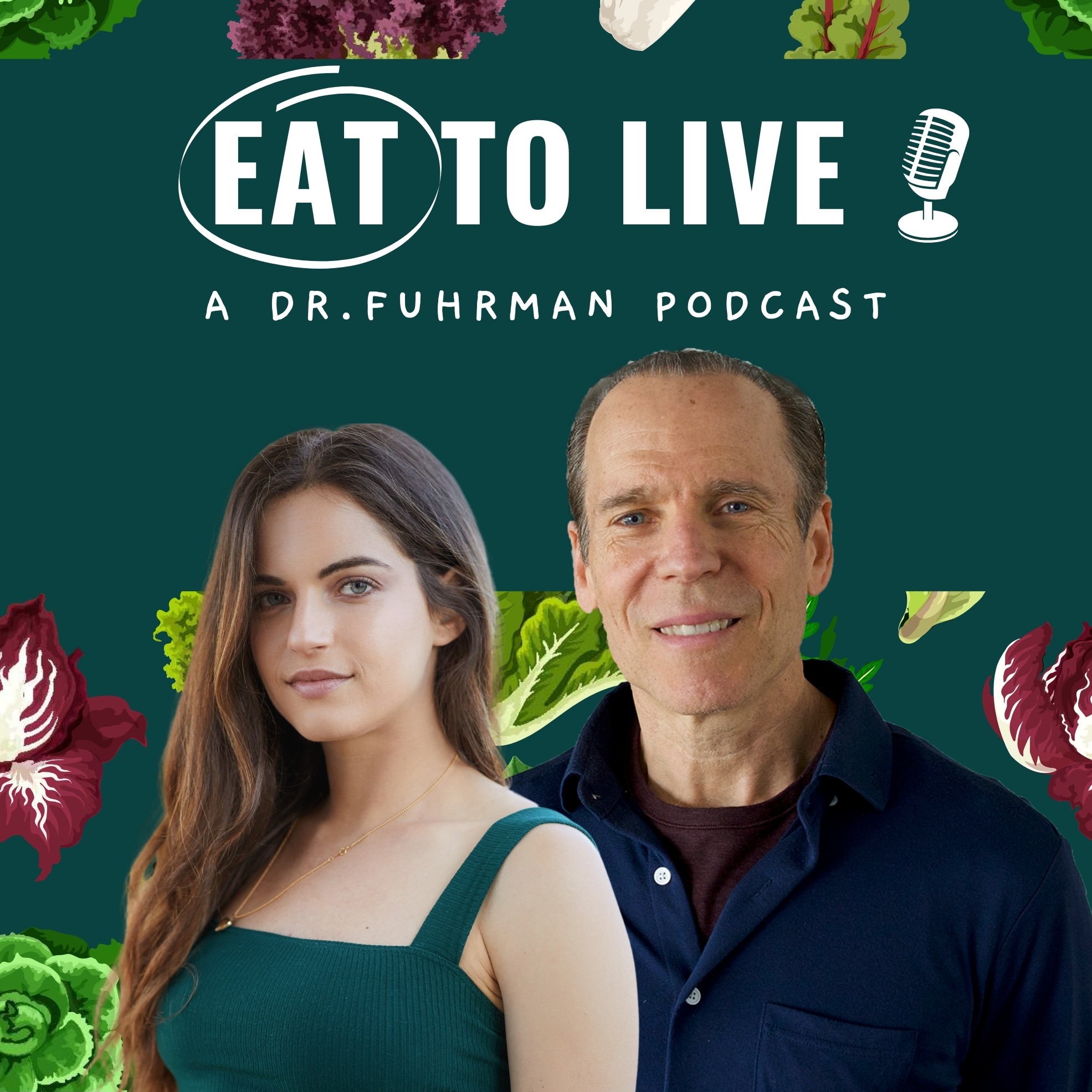
Eat to Live
Jenna Fuhrman, Dr. Fuhrman